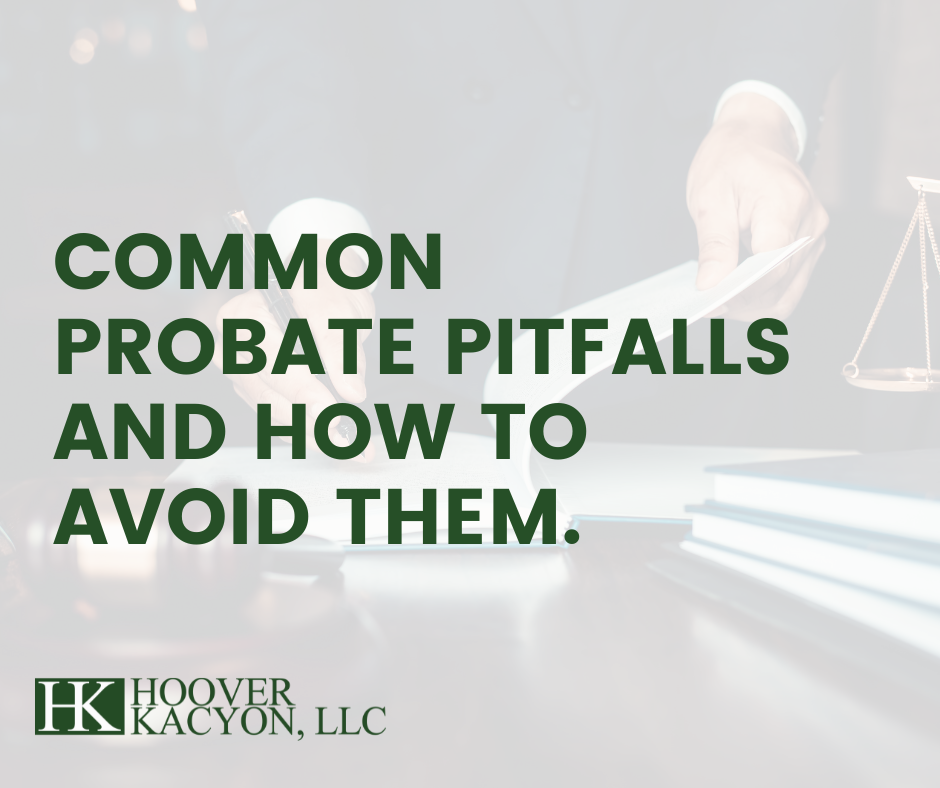Even though the medical marijuana program was to be fully operational by September 2018, sales didn’t begin until the start of 2019 due to regulatory red tape. This red tape has made permissions and ramifications unclear. Here are the pieces you need to know about medical marijuana laws in Ohio.
Qualifying Conditions
Patients who are prescribed medical cannabis by a doctor to treat one, or more, of 21 qualifying conditions are the only ones allowed to use medical marijuana. The 21 conditions include cancer, PTSD, traumatic brain injury, chronic or severe pain, CTE, Parkinson's, Alzheimer's, HIV / AIDS, amyotrophic lateral sclerosis, Crohn’s disease, epilepsy/seizure disorder, fibromyalgia, glaucoma, hepatitis C, inflammatory bowel disease, multiple sclerosis, sickle cell anemia, spinal cord disease or injury, Tourette’s, and ulcerative colitis...
Approved Doctor Prescriptions
State Board of Ohio-approved doctors only can recommend medical cannabis. The requirements by law for them to recommend use are having a patient-doctor relationship, reviewing patients’ past month of prescriptions, and discussing the risks and benefits of treating their conditions with marijuana.
Required Registration
To purchase, possess, and use medical marijuana, patients and caregivers must be registered with the State Board of Pharmacy. Registered patients and caregivers will receive registry cards and photo IDs that are valid for one year and are mandatory to have to buy marijuana at a licensed dispensary in Ohio.
Number Details
A 90-day supply is permitted for patients and caregivers to possess. If a patient purchases a 30-day supply on their initial trip, then the subsequent trip will be limited to a 60-day supply until 90 days after their first purchase.
Products and Use
Ohio state law permits the use of vaporized medicinal cannabis. The first dispensaries sold only dried “flowers” or buds which must be vaporized. No open-flame smoking is technically legal.
While Ohio’s medical marijuana program is still in its “start-up phase” with many areas and issues to address, medical cannabis is being sold across the state. If you find yourself in a quandary, reach out to Hoover Kacyon, LLC to help guide you through.
The Hoover Kacyon, LLC. lawyers are dedicated to supporting our clients. We deliver the highest quality legal representation from a team of professionals while also providing excellent customer service. Call us at 330-922-4491 or contact us online to make an appointment.
Recent Posts









YOU MIGHT ALSO LIKE









